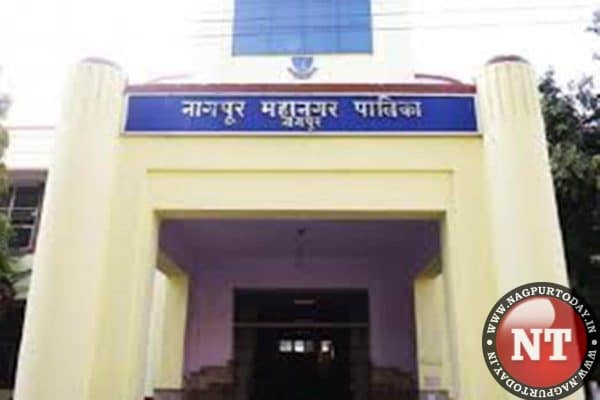
Nagpur: The Nagpur Municipal Corporation (NMC) has come under scrutiny due to the absence of a Records Keeper in its Property Tax Department. This revelation, brought to light through a Right to Information (RTI) application, raises concerns about transparency and accountability in government offices. The failure to appoint a Records Keeper undermines the objectives of good governance and highlights the challenges faced in the effective implementation of rules and regulations.
The government expects citizens to follow the law and fulfill their duties, but there is a growing concern that the same government avoids accountability and violates rules when it comes to bureaucratic irregularities. Since the implementation of the RTI Act, officials have been uncomfortable with demands for transparency, leading to conscious efforts to undermine the objectives of good governance by exploiting loopholes in the system.
The RTI application filed by Shankar Gulani, an RTI crusader with the Department of Archives, Maharashtra Government, revealed that no Records Keeper has been nominated in the Property Tax Department of the Nagpur Municipal Corporation. This department is a significant revenue source for the NMC and ensuring transparency and proper record-keeping is crucial. However, not only does the department lack information for RTI responses, but it also fails to maintain a comprehensive payment history and accurate records of the properties it oversees.
It is concerning that, despite the legal requirement, the NMC has made no determined efforts to appoint a Records Keeper in the Property Tax Department. Section 5 and Rule 3 of the Maharashtra Public Records Act, 2005, clearly state the need for a Records Officer and the establishment of record rooms. The person appointed as the Records Officer should hold a position not below the grade of a Section Officer. The NMC’s failure to comply with these provisions raises questions about their commitment to transparency and accountability.
Gulani said that despite such clear provisions in the law, they are deliberately being flouted by NMC. The reason is quite simple. Officers are not keen on letting citizens be aware of data of properties which are taxed and amounts collected from citizens in the form of Property Tax. Therefore, one finds discrepancies in the Property Tax Department’s record, he added.
The Property Tax Department is riddled with anomalies as there is mismatch in formula for assessment of tax, its collection and maintenance of records. In many Zones of NMC, a simple exercise to seek information led to stumbling of old skeletons from the cupboards, indicating loose supervision on part of supervisors. Therefore the key to ensure proper functioning of the Tax Department is nomination of Records Keeper as it helps in fixing responsibility.
Gulani has been at forefront in exposing the misdeeds within the Property Tax Department of NMC. The fight continues even today as no corrective action was taken by civic body bosses despite registration of offence against the Property Tax Department officials of Ashi Nagar Zone for missing records relating to collection of tax. Adding further, Adv Amar Ramini, an expert on service rules, states that the simple purpose that is achieved by not nominating any Records Officer is one cannot prosecute any officer or Government employees in case of non maintenance of records as per mandate of Maharashtra Public Records Act, 2005.
The absence of a Records Keeper in the Property Tax Department of the Nagpur Municipal Corporation highlights the challenges faced in promoting transparency and accountability in government offices. This violation of the Maharashtra Public Records Act, 2005, raises concerns about the proper maintenance of records, accurate information dissemination, and the citizens’ right to access government information through the RTI Act. Urgent measures need to be taken to rectify this situation and ensure the appointment of a qualified Records Keeper in the department. It is imperative for the government to uphold the principles of good governance, fulfil its responsibilities, and restore public trust in the functioning of government institutions.















